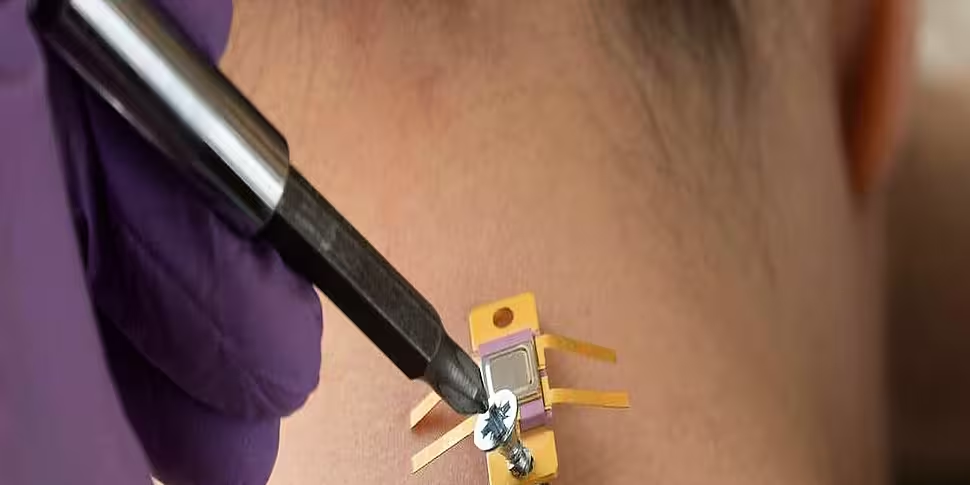Drug development is notoriously slow and expensive to bring a new compound from the lab bench to market. A major cause of this inefficiency is the traditional reliance on testing drugs in animals before they are tested in humans. Animal models often do not accurately reflect human physiology, meaning that drugs that appear to be safe and effective in animals frequently turn out to be harmful or ineffective in humans.
The solution could come from computer microchip manufacturing methods to create “Organs-on-Chips", microfluidic culture devices that recapitulate the complex structures and functions of living human organs.
Dane Gobel, the Co-Founder and Operations Director of Methuselah Foundation joins Jonathan to discuss.











